PRINCIPLES WHEN TEACHING 2 SESSIONS/DAY
The regulation of studying 2 sessions/day, that is, studying in the morning and afternoon in one day, one session according to the main curriculum and one extra session. This way of organizing teaching and learning is only found in Vietnam and a few countries in the Asian region.
Many countries, including those with developed education systems, do not distinguish between one or two sessions; students go to school continuously for about 6-7 hours until they leave school before 3pm every day. This is a big difference, so Vietnam needs to analyze it to consider applying two sessions per day to the country's education.
Therefore, in the second lesson, teaching and learning cannot be done based on emotions but must be based on principles. The core principles include:
Do not re-teach lessons during regular classes. Absolutely do not teach extra, in-depth or improve knowledge learned during regular classes. Students study voluntarily, so teaching is not organized according to regular classes but needs to be taught according to needs and students register to choose. Streamline the learning content and have it approved by competent authorities to avoid overloading teachers and students. Do not charge students. Have adequate and suitable facilities for students to practice, extracurricular activities, organize clubs and support for training and comprehensive development of students' physical, mental and intellectual health.
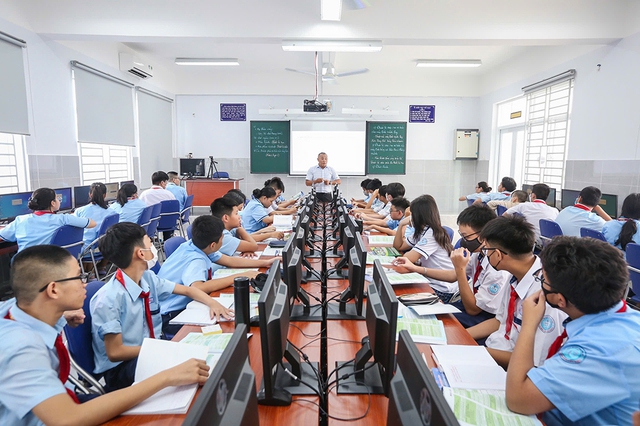
In the second session, students need to be guided more clearly about digital technology platforms, especially need to practice a lot and apply regularly.
PHOTO: NHAT THINH
The curriculum is reasonably designed, keeping up with trends and truly contributing to achieving the main teaching goals as well as the orientation of innovative educational content.
TEACHING HOW TO LEARN, SELF-STUDY, SKILLS
Teaching the second session should focus on some basic content. First of all, it is necessary to teach students how to study, how to self-study and how to learn for life. These contents are applied directly to the main lessons.
In the homework guidance section, teachers should clearly state the task of "guiding students' self-study". However, just saying that students must self-study does not mean that they will be able to do it immediately. The essence here is guided self-study, meaning that teachers guide students, test, evaluate and help students with self-study.
Students need to be taught and trained in self-study methods such as: setting specific and clear goals and study plans; knowing how to self-evaluate goals and adjust self-study progress; applying effective study techniques; creating motivation and a suitable study environment; caring for and looking for personal health; self-researching and searching for reference materials for self-study content.
Obviously, students cannot do the above basic activities by themselves but need the accompaniment and support of regular teachers.
The second is to help students practice life skills. This is extremely important content in the main lesson and the second lesson. High school students are in the process of forming their personality, attitude and behavioral habits, so they need a lot of time to teach life skills.
Although the main teaching session has mentioned this content, the second session still needs more time for discussion, practice, and handling real-life situations, so that students can gradually become familiar with and strengthen their own qualities, as well as create a healthy lifestyle for each individual. Specifically, through student activities, life skills are taught, including: teaching self-confidence, self-respect, emotional self-control, positive thinking, critical thinking; teaching listening, understanding, cooperation, conflict resolution, teamwork; teaching problem solving, making reasonable choices; teaching how to cope with difficulties and pressure; and teaching stress control skills, overcoming failure, and perseverance in all activities.
Practice on smart technology teaching content. As well as life skills teaching content, the second session needs to clarify digital technology platforms, especially needing a lot of practice and regular application. In addition, it is necessary to teach students how to find accurate information, evaluate reliable sources; know how to secure accounts, avoid online scams; behave wisely and politely online, avoid bullying, respect copyright; do not blindly trust, know how to check information and ask questions...
Schools need to organize practice and experience for students to form habits, so that they not only "know how to use technology" or "digital technology" but also know how to use technology intelligently, responsibly, and creatively to serve their studies, work, and live well in modern society.
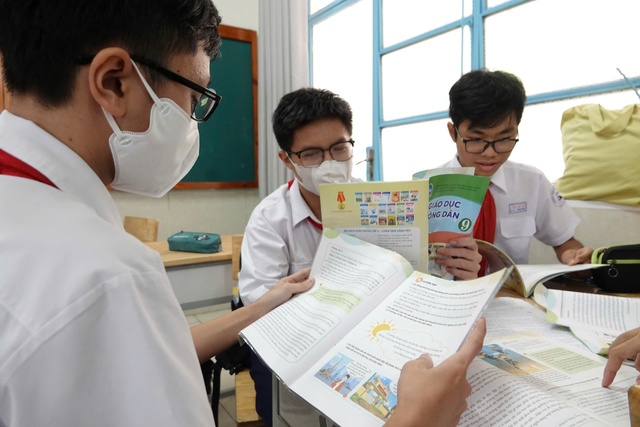
In the second session, it is necessary to teach students how to study, how to self-study and how to learn for life.
Photo: Dao Ngoc Thach
CAN WE TRY EXTENDING SCHOOL HOURS BE OVER NOON?
Based on students' wishes, the school arranges classes according to students' levels without distinguishing by age.
For teachers, there is no distinction in choosing teachers to teach the second session. Anyone who is capable of teaching any content will be considered for teaching assignment. There is no longer any inequality like the extra teaching and learning that happened recently.
Based on Circular 29 on extra teaching and learning and Circular 05 on regulations on teachers' working regime, schools can flexibly apply it to organize second sessions in high schools.
Under the current regulations of the Ministry of Education and Training, high schools, especially in large cities, can pilot a school day that lasts past noon, as many countries in the world have done. In this change in school hours, students can bring food or go to the school cafeteria for a light lunch. And thus, the school does not have to organize meals and lodging at school.
Source: https://thanhnien.vn/hoc-2-buoi-ngay-khong-phai-la-day-them-nang-cao-kien-thuc-tu-buoi-chinh-khoa-185250416183940606.htm




![[Photo] National Assembly Chairman Tran Thanh Man meets with Thai Prime Minister Paetongtarn Shinawatra](https://vphoto.vietnam.vn/thumb/1200x675/vietnam/resource/IMAGE/2025/5/15/e71160b1572a457395f2816d84a18b45)
![[Photo] Prime Minister Pham Minh Chinh receives Country Director of the World Bank Regional Office for Vietnam, Laos, Cambodia](https://vphoto.vietnam.vn/thumb/1200x675/vietnam/resource/IMAGE/2025/5/15/2c7898852fa74a67a7d39e601e287d48)




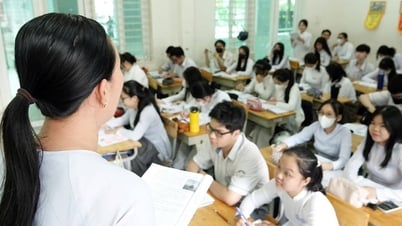
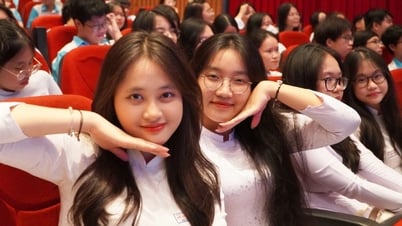
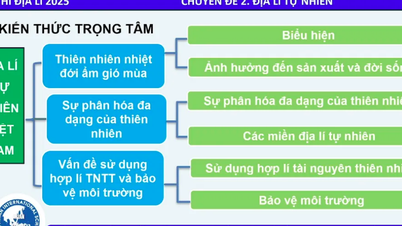


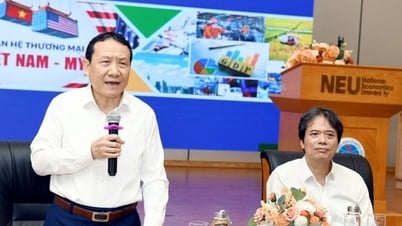

















































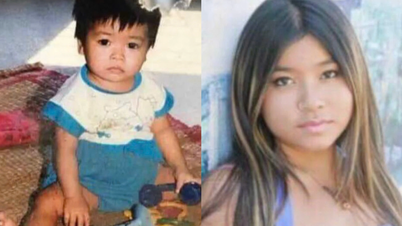



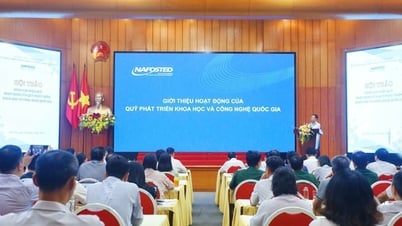

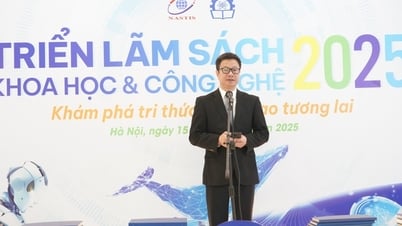
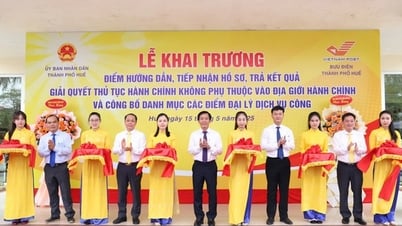
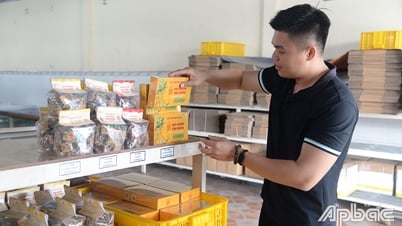

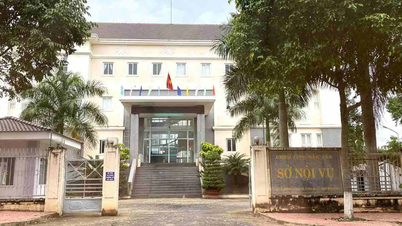

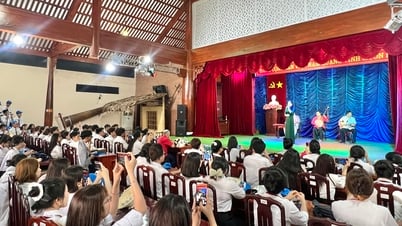
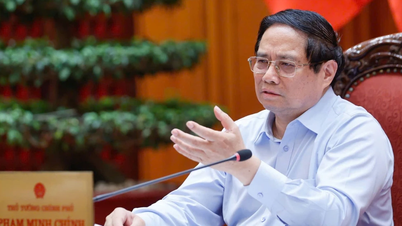
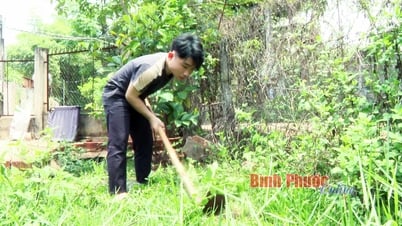












Comment (0)